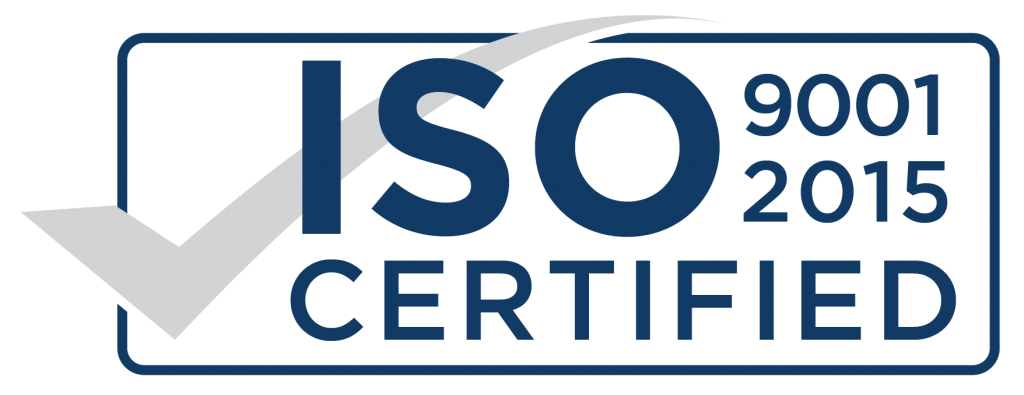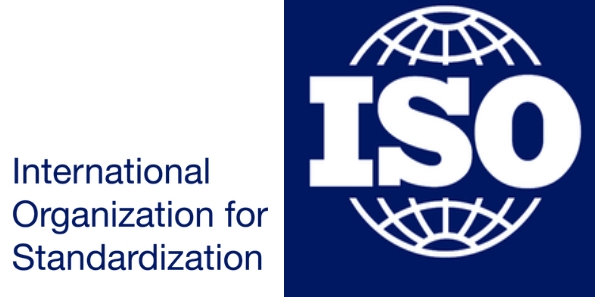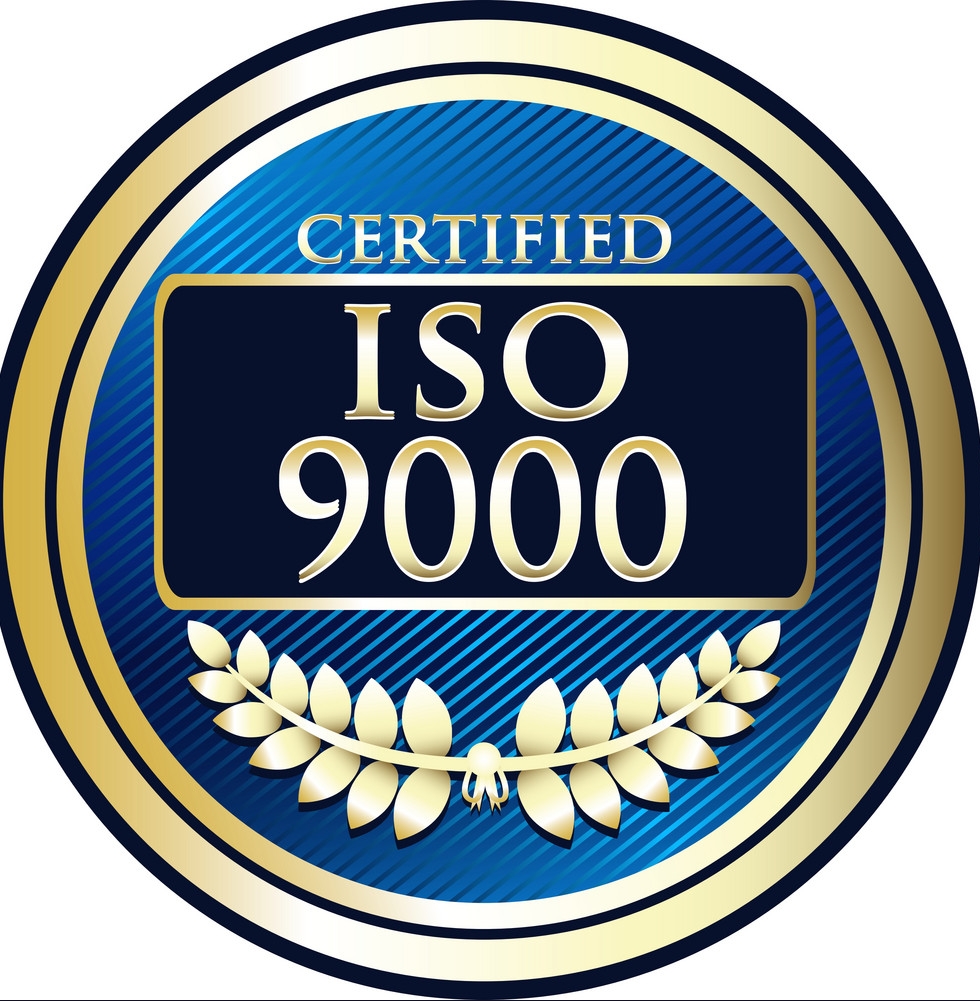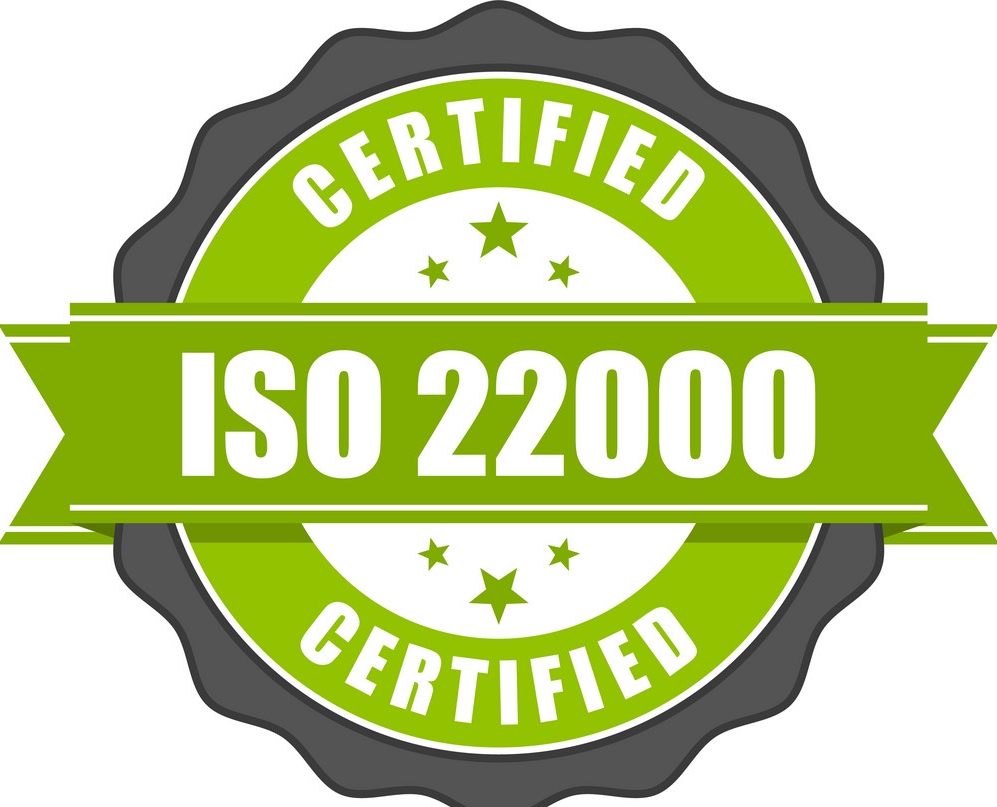How Do I Get ISO Certification?
Without established standards, maintaining uniformity and quality across businesses and nations would be challenging. Levelling the playing field through the application of international standards is possible. Your greatest option is ISO standards because they are among the most reputable and trustworthy. International Organization for Standardization (ISO). It is a non-profit organisation that works to establish minimum requirements for commercially available goods and services in order to guarantee their efficiency, quality, and safety.
To remain competitive in the face of heightened corporate competition, it is essential to offer top-notch products and services. The overall reputation and effectiveness of an organisation are improved by ISO certification. Not sure where to begin? We have your back. Utilize Legalraasta's legal knowledge to quickly get ISO certified! Without going over budget, assign the headache of thorough documentation and demanding compliance procedures.
Why is ISO Important?
An independent organisation called the International Standards Organization (ISO) develops standards that businesses can use. The term "standards" refers to the calibre, security, and effectiveness of the goods or services offered by the companies. Particularly, ISO 9001 accreditation attests to the high calibre of products and services. Therefore, an ISO certification can help you maintain, develop, and build trust in the market when you find yourself baffled by competition or struggle to stand out in the market.
The ISO certification contributes to increasing the overall effectiveness of the company as well as its credibility and authority. Contact Legalraasta if you think that registering your business for ISO certification on your own would be too difficult. The majority of the process will be handled by our team of specialists at, who will also help you through it.
Steps involved in getting ISO certification in India
Step 1: Select the ISO certification category that would be most helpful for your company.
One must first ascertain the kind of ISO certification that their business needs. Numerous ISO certifications are offered, including ISO 9001 for quality management, ISO 14001 for environmental management, ISO 27001 for information security management, and ISO 22008 for food safety management, among others.Choose the certification that will best fulfil your needs.
Step 2: Picking an ISO certification organisation
The issuance of ISO certificates is not the responsibility of the international organisation for standardisation. They only set minimum rules and guidelines that must be followed in order to be accepted by them. Instead, a number of independent certifying organisations are in charge of conducting ISO audits and awarding certificates to organisations.
Selecting a reputable and well-known certifying authority is crucial. When selecting an ISO certification authority, the following are some crucial factors to take into account:
- Keep your options open; before choosing an ISO certification authority, consider the other services they offer.
- Verify which certification agencies your primary clients or competitors use.
- The ISO committee that handles conformity assessment is called CASCO. Verify that the certification body is following CASCO guidelines.
- Check to see if the certification body is accredited.
- Verify that the certifying body complies with ISO accreditation bodies' compliance standards.
Step 3: Draft a contract with the ISO certifying body of your choice
Both parties' rights and obligations should be outlined in the contract with the registrar, which should also contain provisions on each party's level of liability, confidentiality obligations, and access to rights.
Step 4: Examine quality documents
The documentation for the organization's numerous policies and procedures will be examined by the ISO auditor together with all of your quality manuals. The ISO auditor will be able to find any potential gaps that need to be filled in order for the organisation to fully meet the ISO requirements by looking at the organization's current state.
Required Documents for ISO Certificate
- Evidence of company registration.
- Either business cards or letterhead
- GST statement for a buy or sell.
- Scope of business.
Step 5: Create an action plan
The next stage is to develop an action plan to remedy the deficiencies that the ISO auditor has identified for the business. All staff should also be informed of the ISO standards and the objectives of the action plan. You might also need to provide your staff with training to guarantee that the new procedures are carried out effectively.
Step 6: Participate in the preliminary certification audit
Stage 1 and Stage 2 of the initial certification audit are separated into two components.
Stage 1
The ISO auditor will check how the action plan is being implemented. They will then list all potential inconsistencies between your current systems and the ideal quality management system. These non-conformities will then be separated into major and minor non-conformities. The applicant must next carefully evaluate and correct each of these non-conformities.
Stage 2
The ISO auditor will perform a final audit when the company has made all the necessary improvements. He will make sure that all non-conformities have been corrected in accordance with ISO quality standards. The auditor will draught the final ISO audit report and submit it to the ISO registrar if they are satisfied with the corrective steps and find no additional holes in the system.
Step 7: Acquire ISO certification
The registrar will provide the ISO certification after all non-conformities have been resolved and the final ISO audit report has been sent to him.
Also Read - Who Requires ISO Certification
Step 8: Obtain a passing score on routine inspections to keep your certification.
Basically, a surveillance audit is carried out after certification to make sure the company is adhering to ISO quality requirements. These audits are carried out regularly.
Step 9: Cost of obtaining ISO certification
The costs associated with gaining ISO certification aren't fixed and differ from business to business. The price of certification for each business is calculated by ISO certifying bodies after accounting for a number of parameters, including:
- The volume of personnel and procedures.
- Risk level in relation to the size of the services.
- The number of shifts overall and the complexity of the management system.
Conclusion
Although not difficult, the
ISO registration process is thorough and time-consuming. You must therefore handle it carefully and patiently. However, using knowledgeable ISO consultants can assist your staff focus on regular business operations by reducing the stress of the registration procedure for them. They will lead you through each phase and, more crucially, the audit itself. They will make sure to expedite the process by hastening the paperwork, audits, and action plan implementation. In other words, they'll make sure you finish the ISO registration quickly by fixing all the issues and obtain a better return on your investment.
Also Read - Procedure for Trademark Assignment
Does your company require ISO certification? From the development of a system to its auditing and certification, we at Legalraasta can be your dependable partner and mentor throughout the full certification process. Reach out to us!










